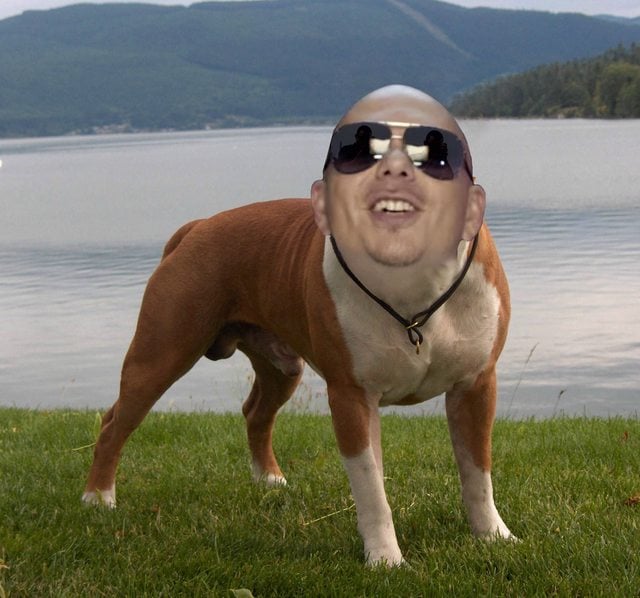I'm going to mention one possible (but small) exception to this.
Are you an actual vet tech or just an assistant? If you're a vet tech you would have a much better shot, especially for a school that doesn't require a lot of licensed HCE (of which there are a number of school out there which don't).
If you're a registered vet tech then you could use that to your advantage. I'm married to an RVT, so I know a lot of people don't realize how much they do/know. I know that a vet tech operates as the patients nurse, respiratory therapist, pharmacy tech, anesthetist, lab tech, dietitian, radiology tech, phlebotomist, and surgical first assist. At the vet hospital where my husband works the RVT's rotate and on any given day they may be doing either: Drawing blood and running the lab, doing intake H&P's, doing radiology imaging, preparing IV's and meds in the pharmacy at the hood, or working in the treatment rooms. In the OR there's always four people: The DVM doing the surgery, an RVT first assisting, and an RVT at the head who intubates, manages the ventilator, and implements the anesthesia plan (that the DVM initially provides) and then manages and alters it accordingly, and then a float RVT.
Of course animals have differences in anatomy (obviously) and physiology, but the core knowledge is all the same. All of my husbands pharmacology and pathophysiology textbooks were no different from mine, in fact I used some of them to study myself because they were actually better than mine. Even the physio was extremely similar, because on the cellular level everything works the same (most of the time). You may not know the dosage for albuterol or metropolol or glucagon or vancomycin or Fentanyl (and so on) in a human, or you may not know how much NS to give as a bolus, but you already know what all those drugs are, how they work, and what pathology or issue they're used for. You've taken radiological images and interpreted them, you've started IV's, you've actually run lab work, you've intubated and ventilated a patient, you've done sedation, and you've been in the OR. How many human practitioners can say they've done so much? The trick would be making sure the folks in admissions actually know this. If you just state "I'm an RVT and I work with animals" they'll probably be thinking that you just clean the cages and trim their nails before they toss your application in the trash.
A good friend on mine was an RVT and she was accepted into the PA program at UC Davis. She had to have 1,000 hours of (human) clinical contact, but they're just fine with volunteer hours which is what she did (she had a combo of scribing/shadowing) , and it earned her an acceptance letter. She's in year 2 now and having an absolute blast without any issues.
If you're just a VA and not an RVT, you're not entirely out of luck. You could still find a vet clinic or hospital which let's you do direct patient care. A vet assistant in many places can still perform a good number of things the RVT can (not all, but a lot), they just have to be supervised. You could gain experience doing all the things I mentioned earlier while also either volunteering in a hospital or working as something like an EMT (which is ~6 weeks of school) to gain HCE hours.
Keep in mind that this definitely won't work for all programs, but it will for some. If you're determined enough you could find a place that would want you.
